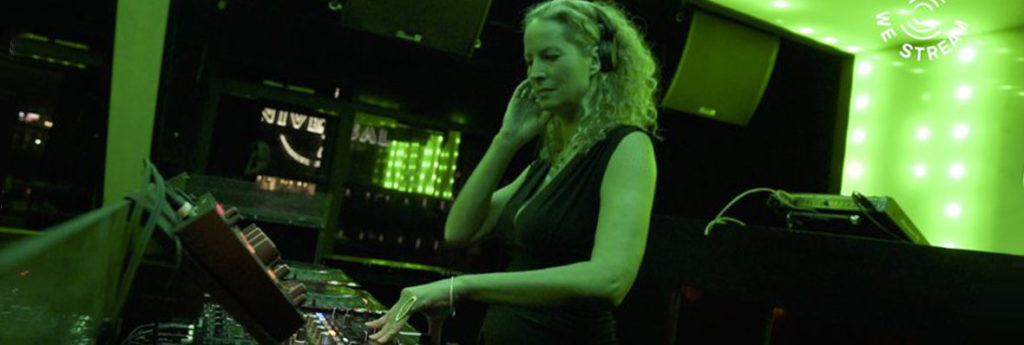Midnight Oil may once have wondered “how can we dance when our world is turning?” but for Berlin’s infamous nightclubs, maintaining an online presence during the coronavirus lockdown is nothing short of an attempt to survive, at the same time creating a diversion for house-bound patrons and armchair travellers around the globe.
The streaming platform is free to watch, but organizer Clubcomission is seeking donations to support the clubs and the performers.
“Right now, all the clubs are closed, of course,” said spokesperson Lutz Leichsenring. “There are no clubs making any money in any way. This platform is meant to at least cover the most necessary costs and to prevent insolvencies.”
So far, it seems to be working. Scores of people have been tuning in to the broadcasts and opening their pocketbooks. After the first weekend of streaming, produced by the TV channels ARTE and RBB, more than $400,000 had been raised.
Berlin’s nightclubs were closed March 13 to help slow the spread of the virus and the first livestream of the “United We Stream” project took place March 18 from the stage of Watergate, a nightclub housed in a former office building by the river Spree in the city’s Kreuzberg district.
Continuing shows are broadcast each night (2-7 p.m. EST) from different clubs.
Stephan Langer, who lives in the state of Brandenburg, found the stream on Facebook and has been watching and listening almost every night. The broadcast has been a life raft for him and others coping with quarantine requirements and the ban on most social gatherings.
The music “always makes me happy, so now I’m always in a good mood at home,” he said, adding, “I can close my eyes and dance and just feel free.”
Another advantage for online patrons is the opportunity to experience different clubs, perhaps suggesting options for a future visit to the German capital.
Berlin’s hedonistic nightlife is world famous. After the fall of the Berlin Wall in 1989, many large buildings stood empty, and some were converted into clubs that played mostly electronic music and stayed open 24 hours a day on weekends.
If the clubs disappear, the city stands to lose part of its identity,” Leichsenring said. “The clubs in Berlin are a part of the DNA of this city. If that were to fall apart, and the city just becomes filled with large companies and chain stores, then Berlin would look very different. That would be a real shame.”

